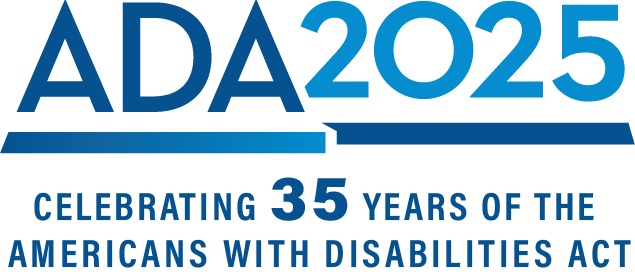Oral health care — which includes care for your teeth, gums, throat, and the bones around the mouth — is critical to overall health. People with disabilities are less likely than people without disabilities to visit a dentist. When people with disabilities do seek oral health care, they often encounter inaccessible facilities or have trouble finding a dentist who has training and feels comfortable providing the care they need. Sensory disabilities can make it even more difficult to receive dental care.
In 2022, The Rocky Mountain Regional Spinal Injury System (RMRSIS), funded by ACL/NIDILRR, produced When research isn’t sexy, but still matters - the impact of oral health after spinal cord injury in Why Research Matters (p. 24). Major findings from this publication included, but were not limited to:
- Even though research on oral health after Spinal Cord Injury may not seem attractive or popular, it is essential because oral health significantly influences overall health and well-being for this vulnerable group.
- Most people with SCI can still brush their teeth independently, but many do not maintain optimal oral health, as shown by common issues such as tooth decay, missing teeth, and gum disease.
- Risk factors for worse oral health in this population include older age, pre-injury employment status, and risky oral habits like tobacco use.
- Poor oral health significantly impacts quality of life and may contribute to secondary health conditions.
- There is a strong need for focused interventions that support behavioral changes to improve oral hygiene practices and dental care access for people with SCI.
Education for both patients and caregivers about oral health is critical to improving outcomes. Various programs and initiatives are working to address these barriers, including many led by ACL-funded University Centers for Excellence in Developmental Disabilities (UCEDDs). For example, the Ohio State University Nisonger Center UCEDD, through its dental services program, provides a complete range of oral health services to children and adults with I/DD. Each year, more than 3,000 people with I/DD and other increased health care needs receive treatment through the program. To help increase community capacity in providing health care services, the Nisonger Center also trains students enrolled in Ohio State’s dental programs to meet the needs of people with I/DD. Each year, the program trains as many as 200 dental students, residents, and dental hygiene students.
UCEDDs also carry out research in this area.
For example, the UCEDD at the University of Southern California is examining how sensory-adapted dental environments can help increase access to oral care for autistic children. It was found that a sensory-adapted dental clinic environment creates less distressing oral care experiences.
People with intellectual and developmental disabilities (I/DD) may also need additional support to develop good oral health habits. A growing number of trainings and resources have been developed to support people with I/DD in maintaining oral health between dentist visits. For example, the Institute for Health and Disability Policy Studies at the University of Kansas works with dental hygienists to offer the Feeling Good About Your Smile 90-minute training for people with I/DD, and the National Institute of Oral and Craniofacial Research provides practical tip sheets for people with intellectual disabilities, autistic people, and their caregivers.
These collective innovative efforts to address all aspects of disabled people’s health — including oral health — represent a continuation of the ADA’s vision of equal access to health care for people with disabilities.

